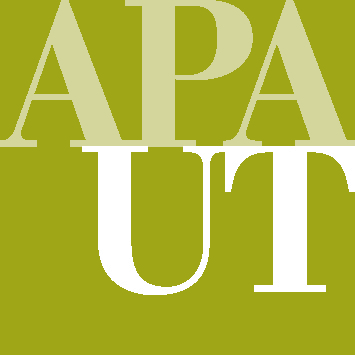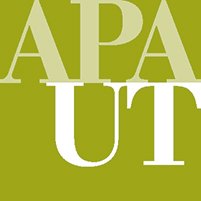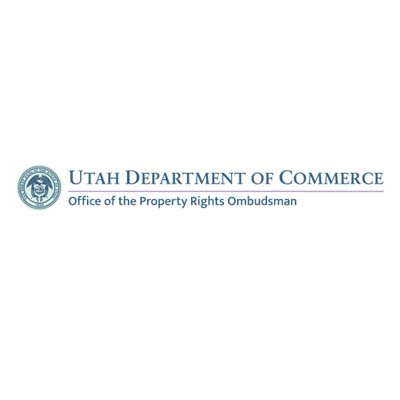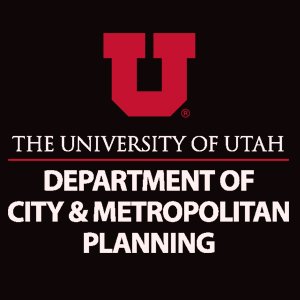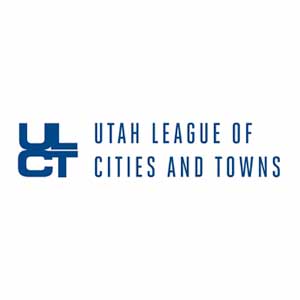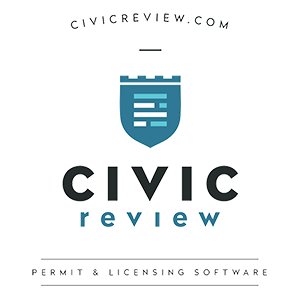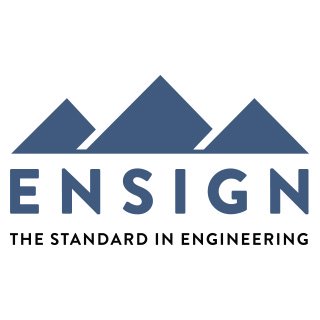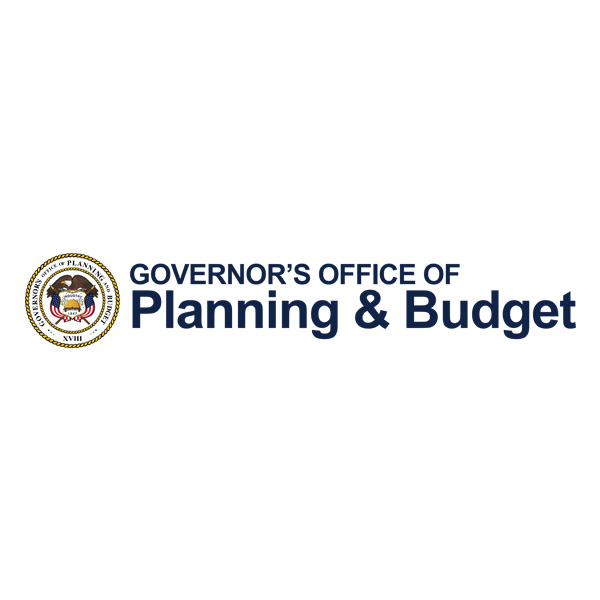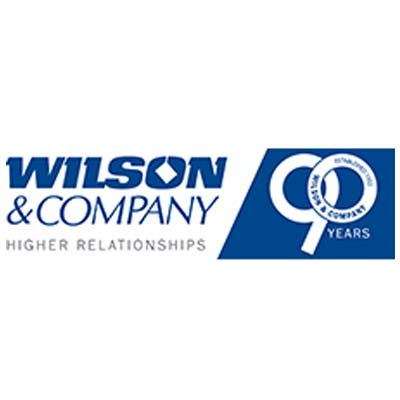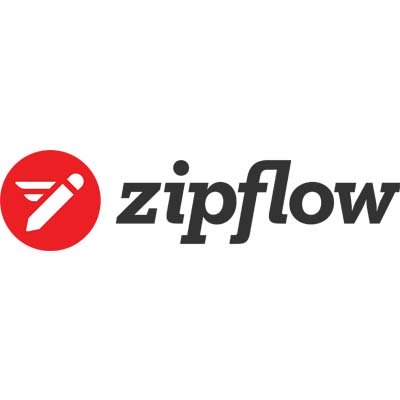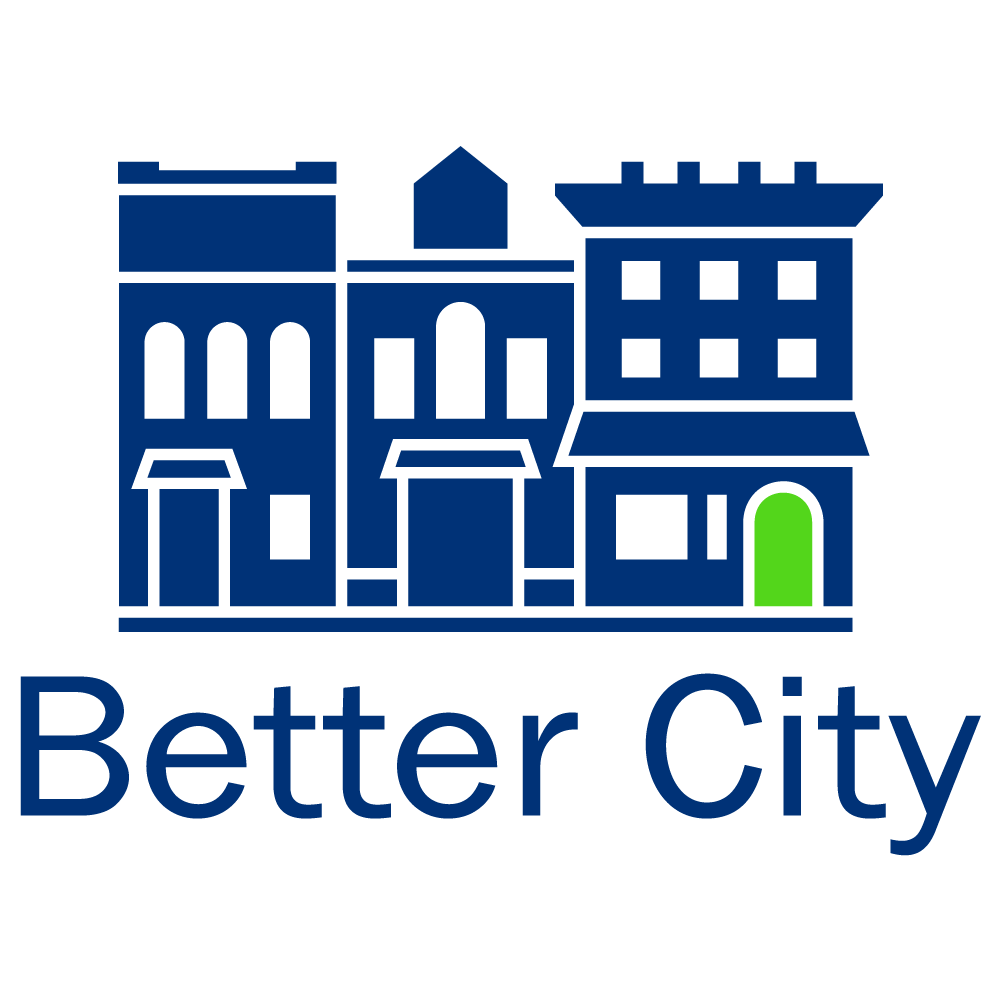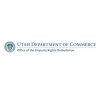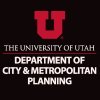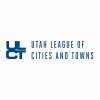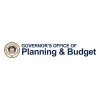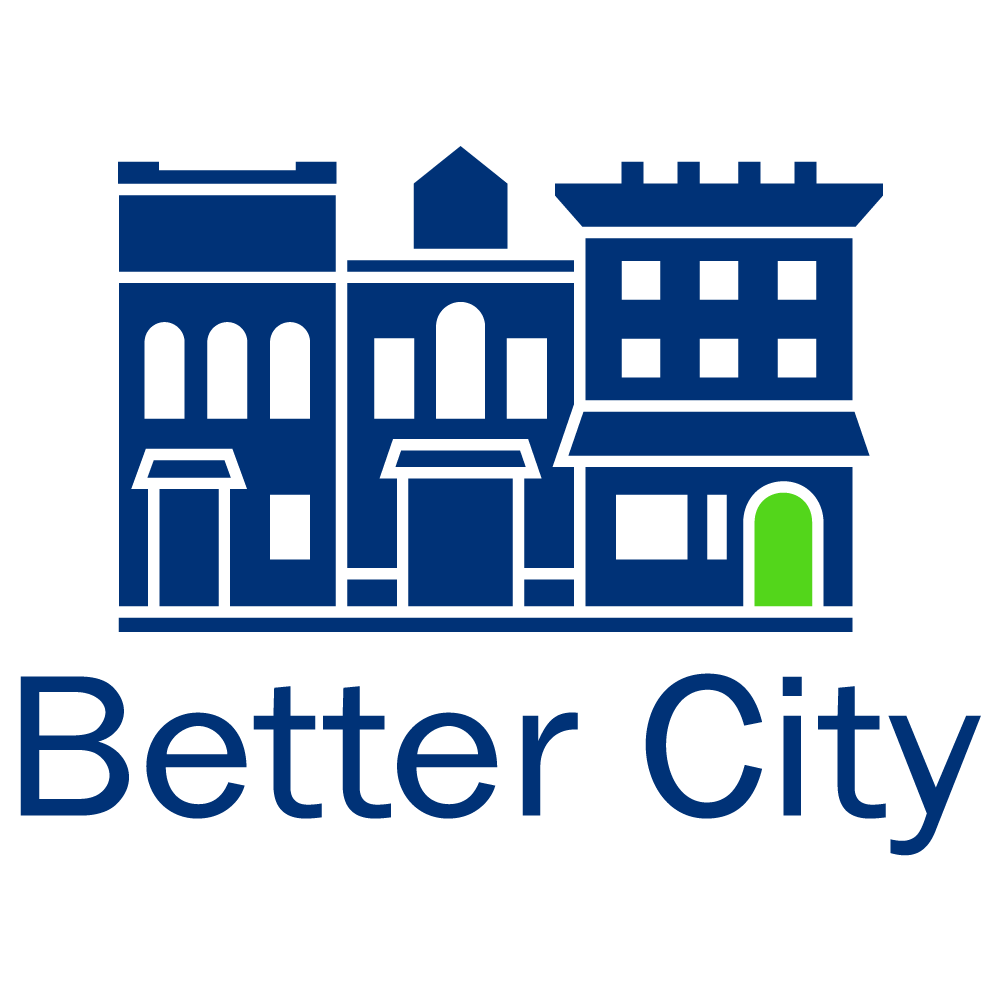APAUT President’s Message – A Rare Opening for Change
June 8, 2020 by Ted Knowlton
Policy/Legislative
We all mourn the unjust killings of George Floyd, Breonna Taylor, Ahmaud Arbery, and so many other people of color throughout history. We all lament the violence and vandalism that those deaths have sparked. These tragedies have created a rare societal opening of awareness about deeply rooted racism and inequity across the nation.
Should the planning community have a role in addressing disparities or is this a time mainly for police and criminal justice reform? Think about how your city and region works or doesn’t work for the poor and disadvantaged. We know that in the US and in Utah people with limited means and people of color tend to have an uneven playing ground in terms of how their city and region work for them. We know the high cost of housing disproportionately impacts lower income households. The poor have a harder time making other ends meet or they must choose to live in less accessible or desirable locations. Getting to education, jobs and services also tends to take more time and a greater percentage of household income for residents with limited means. Bicycling can be affordable, but bike routes have uneven levels of safety throughout the region.
In short, there are so many ways to improve our cities and region for our most vulnerable citizens. I once heard Enrique Peñalosa, former Mayor of Bogota Colombia say that “a city that works well for its most vulnerable citizens will also work better for everyone.” Think about this. The beautiful thing about a city and region where a poor person has better housing choices means that housing will tend to cost less for everyone. When the poor have better access to jobs and services it means the commute will also tend to be shorter and less expensive for everyone. A city that benefits from safe streets for bicycling serves children, families, the elderly as well as the poor. Applying a lens of equity (fairness) creates substantially better places for all of us. As important, the creation of an equitable city is also a measure of our compassion and humanity.
I encourage planners to work with other staff, officials and the public to ask three pointed questions and make them a habit.
- Are we providing engagement opportunities for the diversity of our community and region?
If no, what additional efforts do we need to make to have fair representation in our input and decision-making?
- How does our city and region work for our most vulnerable residents?
How can housing, transportation, open space, amenities, urban design change to meet the needs of the most vulnerable?
The word “region” in these questions is important. Does your city have opportunities for people of limited means or is that simply left to other cities?
- How well would the region serve the vulnerable if every city had policies like ours?
Do our policies work to exclude the poor? How can we do our part to provide real opportunity in our city?
This question is important because so many cities think the very same way about issues like housing affordability. If your city doesn’t do “X” to meet the needs of the vulnerable, why would you think the next city would be any different?
Thanks for considering this article. I know so many of you have been thinking about and working on these issues for years. I find in myself room to do better and I know that together we can do more.
Recent News
- » Hurry, it’s the final week to grab your conference tickets at regular prices!
- » 2024 APA UT Spring Conference: Cedar City, UT. The Call For Sessions is Currently Open.
- » Planning in the news: BYU students aim to eliminate parking woes through AI tracking system
- » Planning in the news: Living in Daybreak- What residents say the Utah community is really like
- » Planning In The News: Planning Commission green lights proposed ban on gas stations near waterways and parks
- » As states argue over who should cut their Colorado River use, a new plan puts the environment first
